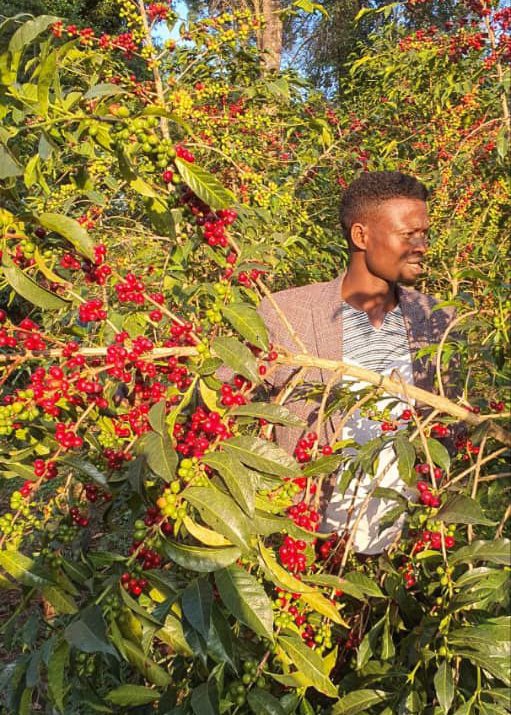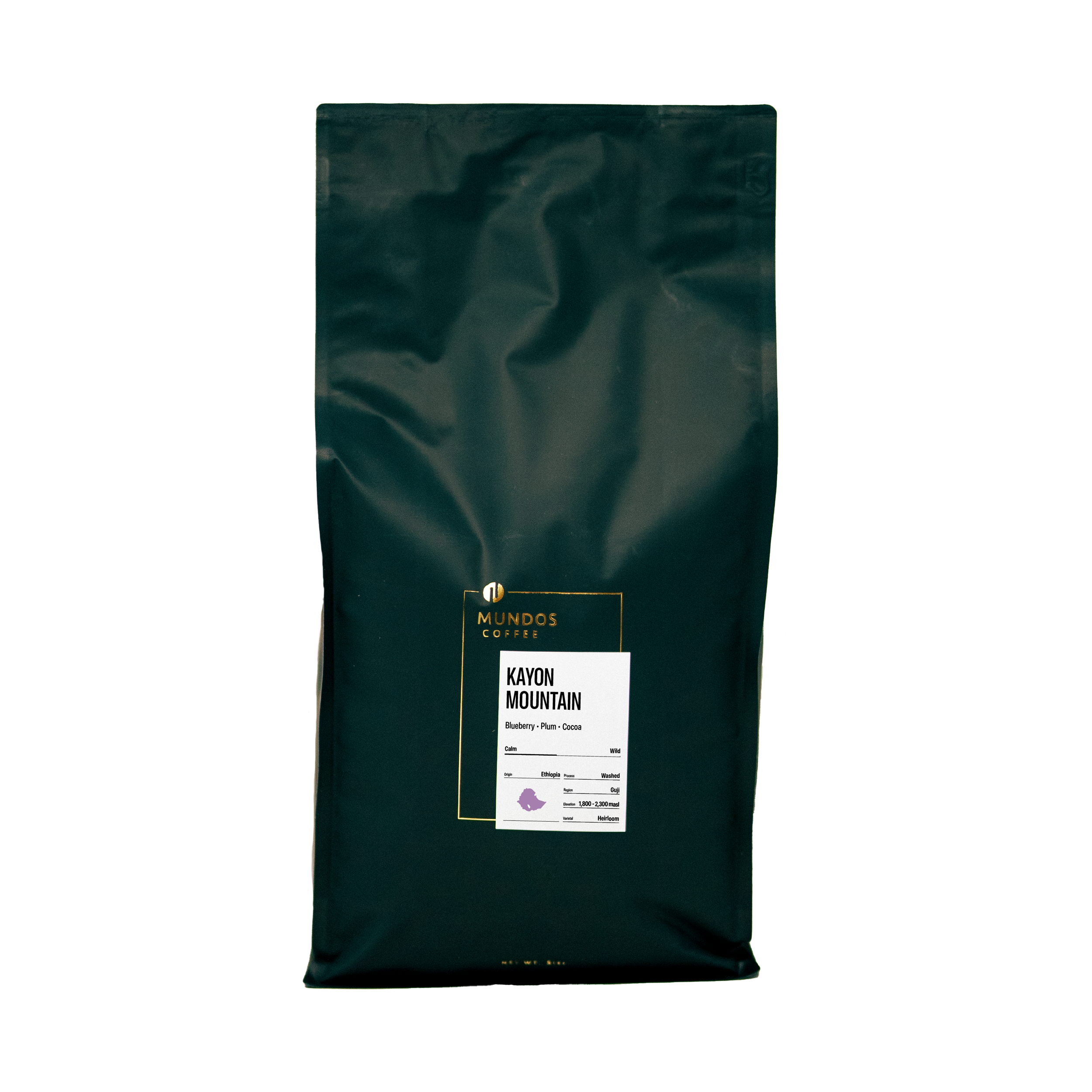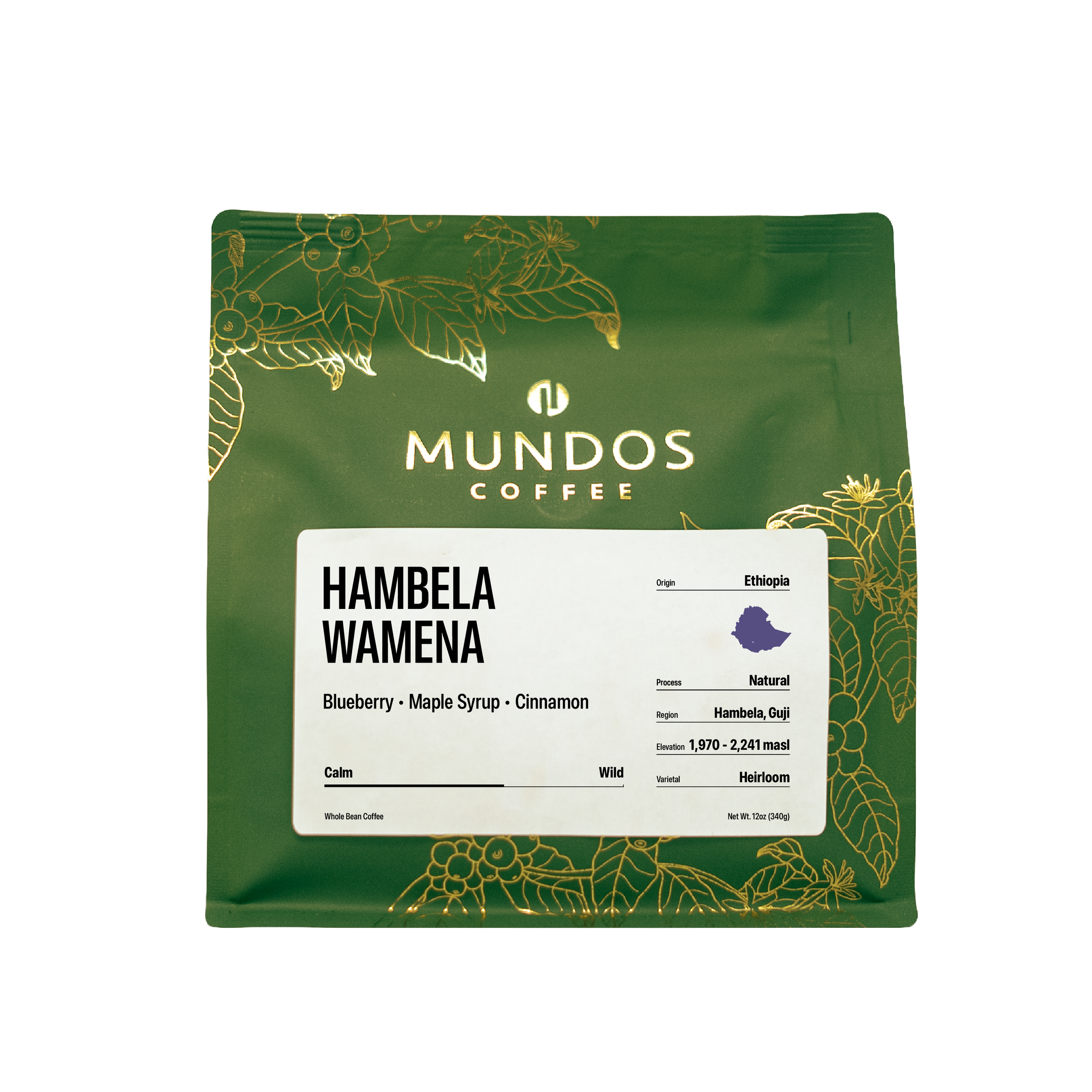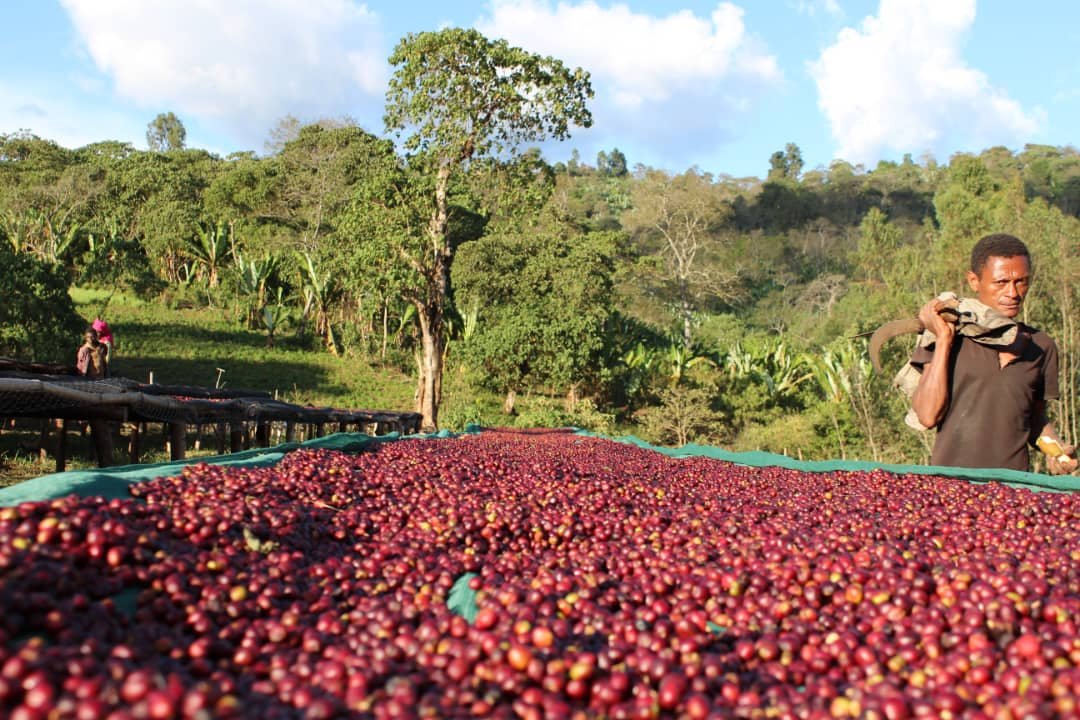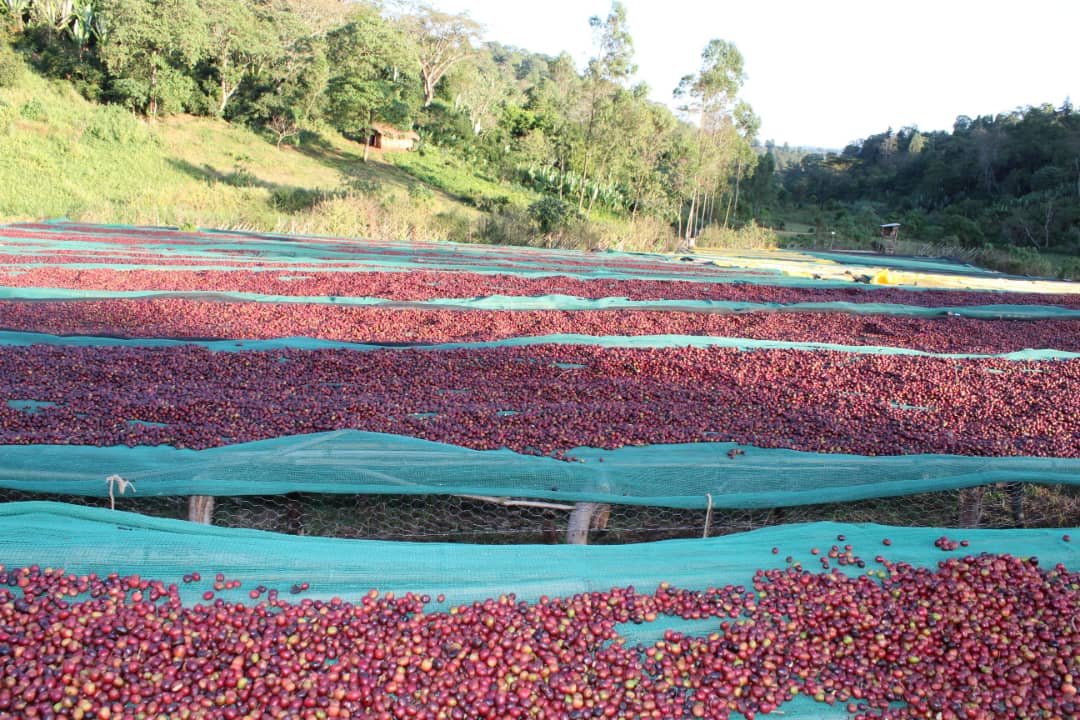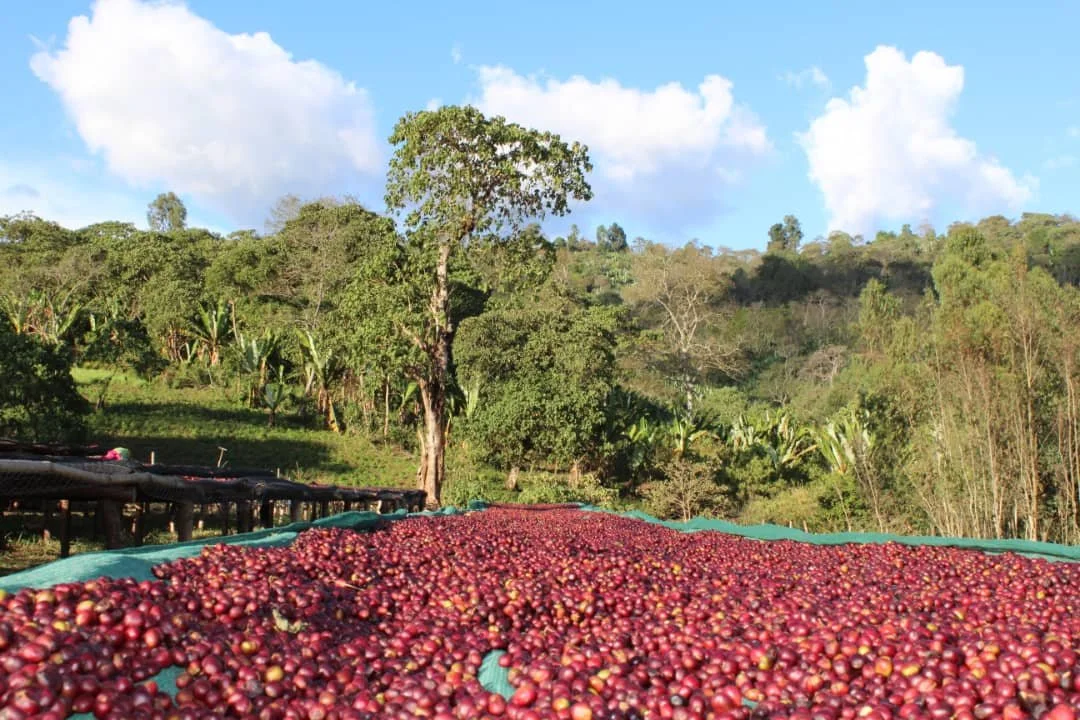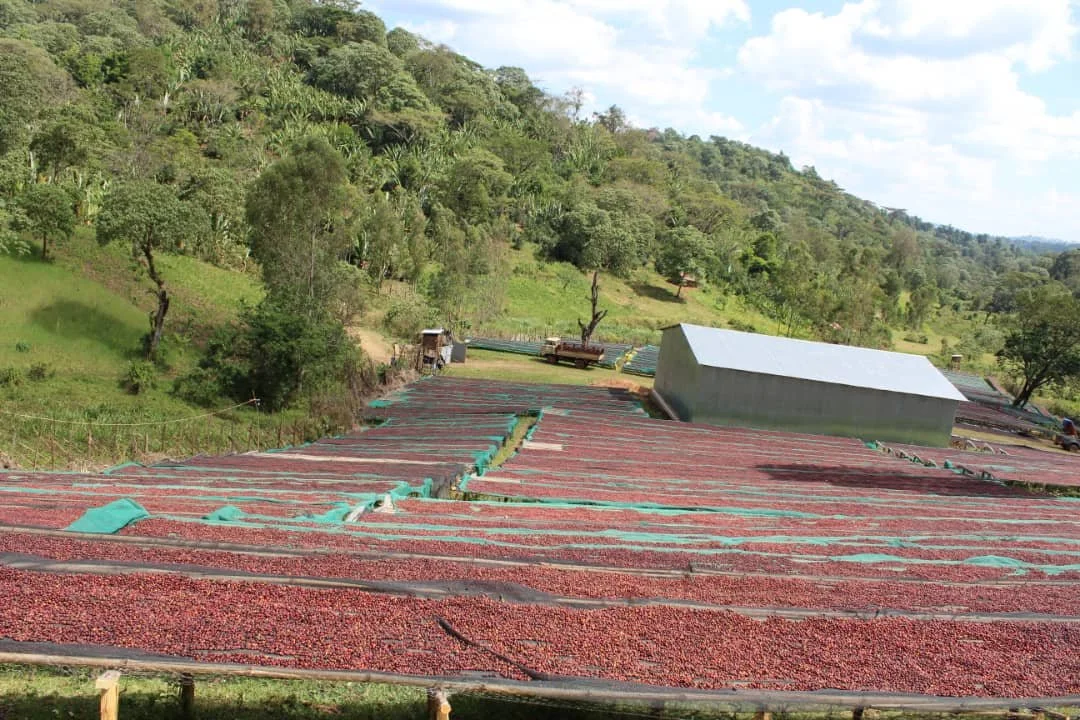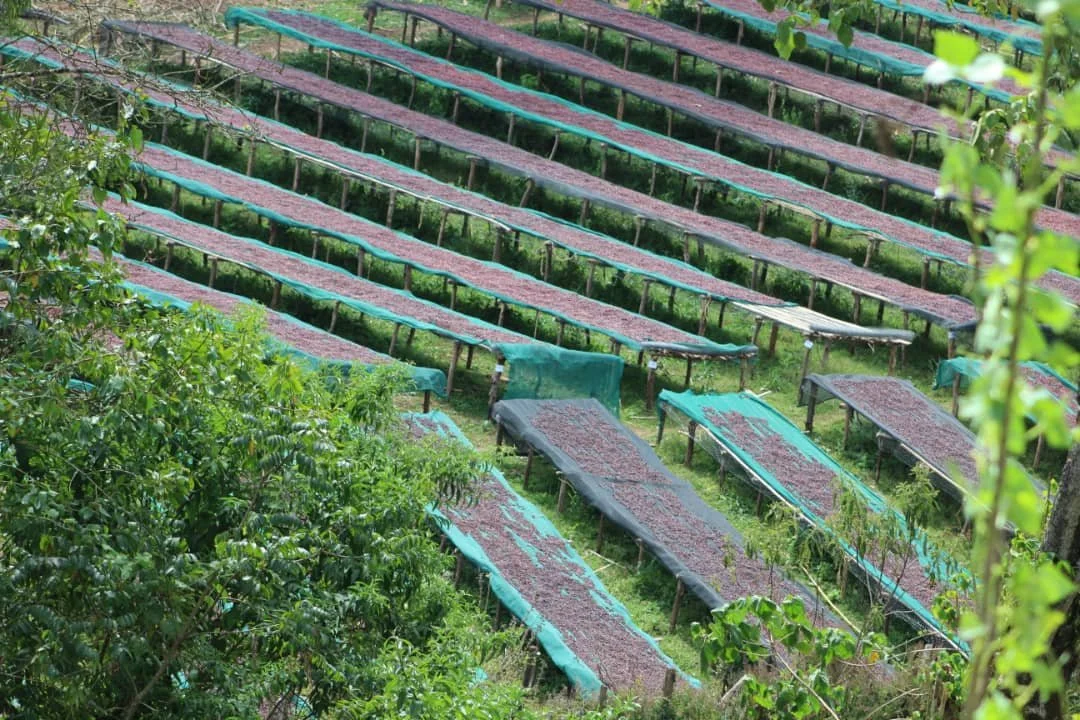 Image 1 of 30
Image 1 of 30

 Image 2 of 30
Image 2 of 30

 Image 3 of 30
Image 3 of 30

 Image 4 of 30
Image 4 of 30

 Image 5 of 30
Image 5 of 30

 Image 6 of 30
Image 6 of 30

 Image 7 of 30
Image 7 of 30

 Image 8 of 30
Image 8 of 30

 Image 9 of 30
Image 9 of 30

 Image 10 of 30
Image 10 of 30

 Image 11 of 30
Image 11 of 30

 Image 12 of 30
Image 12 of 30

 Image 13 of 30
Image 13 of 30

 Image 14 of 30
Image 14 of 30

 Image 15 of 30
Image 15 of 30

 Image 16 of 30
Image 16 of 30

 Image 17 of 30
Image 17 of 30

 Image 18 of 30
Image 18 of 30

 Image 19 of 30
Image 19 of 30

 Image 20 of 30
Image 20 of 30

 Image 21 of 30
Image 21 of 30

 Image 22 of 30
Image 22 of 30

 Image 23 of 30
Image 23 of 30

 Image 24 of 30
Image 24 of 30

 Image 25 of 30
Image 25 of 30

 Image 26 of 30
Image 26 of 30

 Image 27 of 30
Image 27 of 30

 Image 28 of 30
Image 28 of 30

 Image 29 of 30
Image 29 of 30

 Image 30 of 30
Image 30 of 30































Colombia | Manos Juntas - Whole Bean
Whole Bean Coffee
[KUH-LUM-BEE-YUH • MAH-NOUS • HOON-TAS]
Process: Natural
Blackberry Jam, Red Wine, Grape Juice
This natural process Colombia from the Manos Juntas micromill is from producers of surrounding farms in Cauca.
Complex, deep sweetness of blackberry jam and wine. Subtle notes of clove and chocolate.
Manos Juntas is a micromill in Sotara area of Colombia's Cauca region. The entire concept of this micromill is based on simplifying tasks and responsibilities. This particular offering was first purchased in its cherry form when delivered to the mill on the day of harvest. Upon arrival, the Brix and pH were recorded, and the cherries are placed in large hermetic tanks for a five-day-long anaerobic fermentation: Each tank is labeled with the name of the producer, to retain traceability. During this period, nitrogen gas is introduced into the tanks in order to stimulate the yeast. Brix and pH are measured constantly through this process and are used to determine the stopping point for fermentation; the coffee is then subjected to 68°F temperatures in order to cease fermentation and remove the yeast and other microorganisms. For Honey-processed coffees, the cherries are then depulped and dried with the mucilage on in raised beds under shade. For Naturally-processed coffees, the cherry is then "aged" in tanks for a period of five more days before they are taken to solar dryers. Drying takes 30–45 days. Oncedried, the coffee is cupped and samples are sent. They are then approved, milled, and shipped. Producers get paid upfront for their coffee, typically producers have to wait 35 to 40 days for coffee to dry before selling it. Producers involved are from surrounding farms. This means they need only to travel a short distance to deliver coffee, as opposed to driving many kilometers into town. Coffee infrastructure, like drying beds, fermentation tanks, and depulpers, can be very expensive to purchase and maintain. With this model, farmers can forgo all of this hassle and focus on maintaining healthy trees.
Whole Bean Coffee
[KUH-LUM-BEE-YUH • MAH-NOUS • HOON-TAS]
Process: Natural
Blackberry Jam, Red Wine, Grape Juice
This natural process Colombia from the Manos Juntas micromill is from producers of surrounding farms in Cauca.
Complex, deep sweetness of blackberry jam and wine. Subtle notes of clove and chocolate.
Manos Juntas is a micromill in Sotara area of Colombia's Cauca region. The entire concept of this micromill is based on simplifying tasks and responsibilities. This particular offering was first purchased in its cherry form when delivered to the mill on the day of harvest. Upon arrival, the Brix and pH were recorded, and the cherries are placed in large hermetic tanks for a five-day-long anaerobic fermentation: Each tank is labeled with the name of the producer, to retain traceability. During this period, nitrogen gas is introduced into the tanks in order to stimulate the yeast. Brix and pH are measured constantly through this process and are used to determine the stopping point for fermentation; the coffee is then subjected to 68°F temperatures in order to cease fermentation and remove the yeast and other microorganisms. For Honey-processed coffees, the cherries are then depulped and dried with the mucilage on in raised beds under shade. For Naturally-processed coffees, the cherry is then "aged" in tanks for a period of five more days before they are taken to solar dryers. Drying takes 30–45 days. Oncedried, the coffee is cupped and samples are sent. They are then approved, milled, and shipped. Producers get paid upfront for their coffee, typically producers have to wait 35 to 40 days for coffee to dry before selling it. Producers involved are from surrounding farms. This means they need only to travel a short distance to deliver coffee, as opposed to driving many kilometers into town. Coffee infrastructure, like drying beds, fermentation tanks, and depulpers, can be very expensive to purchase and maintain. With this model, farmers can forgo all of this hassle and focus on maintaining healthy trees.















